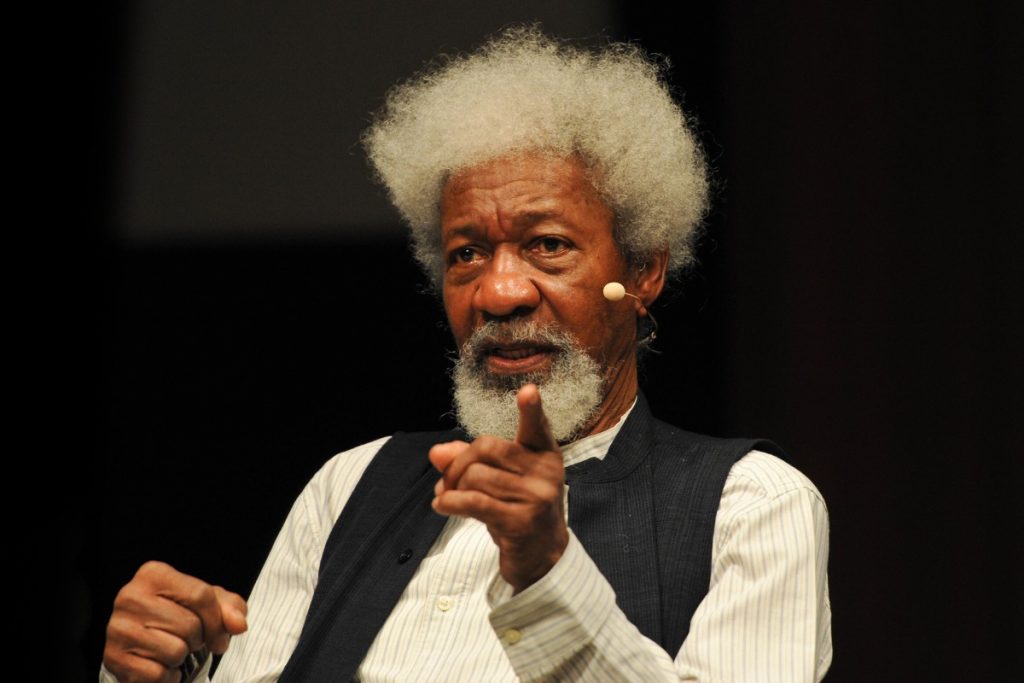Lifestyle
Kongi @ 86: The Beats Go On For Wole Soyinka

By Augustine Adah
When Wole Soyinka was born to a Yoruba family in Abeokuta, Ogun State on July 13, 1934, little did the parents known that he would become a literary nugget of international repute.
In 1986, when he was awarded Nobel Prize in Literature, the first in Africa, the achievement brought fame to sub-Saharan Africa.
Soyinka attended Government College in Ibadan and proceeded to University College Ibadan and the University of Leeds in England. After studying in Nigeria and the UK, he worked with the Royal Court Theatre in London. He went on to write plays that were produced in both countries, in theatres and on radio.
In Nigeria, he was a Professor of Comparative literature (1975 to 1999) at the Obafemi Awolowo University, then called the University of Ife.
When civilian rule was restored to the country in 1999, he was made professor emeritus.
While in the United States Soyinka taught African Studies and Theatre Arts at Cornell University from 1988 to 1991. It was at Emory University where in 1996 he was appointed Robert W. Woodruf Professor of the Arts.
The Nobel Laureate has been a Professor of Creative Writing at the University of Nevada, Las Vegas, and has served as scholar-in-residence at NYU’S Institute of African American Affairs and at Loyola Marymount University in Los Angeles, California, US.
He has also taught at the universities of Oxford Harvard and Yale. Soyinka was also a Distinguished Scholar in Residence at Duke University in 2008.
In December 2017, he was awarded the Europe Theatre Prize in the “Special Prize” category awarded to someone who has “contributed to the realization of cultural events that promote understanding and the exchange of knowledge between peoples”
Soyinka’s achievement did not end only in literary circle, he played active role in Nigeria’s political history and struggle for Independence from Britain. In 1965, he seized the Western Nigeria Broadcasting Service studio and broadcast a demand for the cancellation of the Western Nigeria Regional Elections]
Also, in 1967, during the Nigerian Civil War, he was arrested by the federal government of General Yakubu Gowon and put in and put in solitary confinement for two years..
Soyinka has been a strong critic of successive Nigerian governments, especially the country’s many military dictators, as well as other political tyrannies, including the Mugabe regime in Zimbabwe. Much of his writing has been concerned with “the oppressive boot and the irrelevance of the colour of the foot that wears it.
During the regime of General Sani Abacha regime (1993–98),, Soyinka escaped from Nigeria on a motorcycle via the “NADECO Route.” Abacha later proclaimed a death sentence against him “in absentia. With civilian rule restored to Nigeria in 1999, Soyinka returned to his nation.
As Soyinka celebrates his 86th birthday on July13, Nigerians and Africa would continue to count on his contribution to a just society devoid of inhuman treatment through his literary works and struggles.
Send Us A Press Statement Advertise With Us Contact Us
And For More Nigerian News Visit GWG.NG

